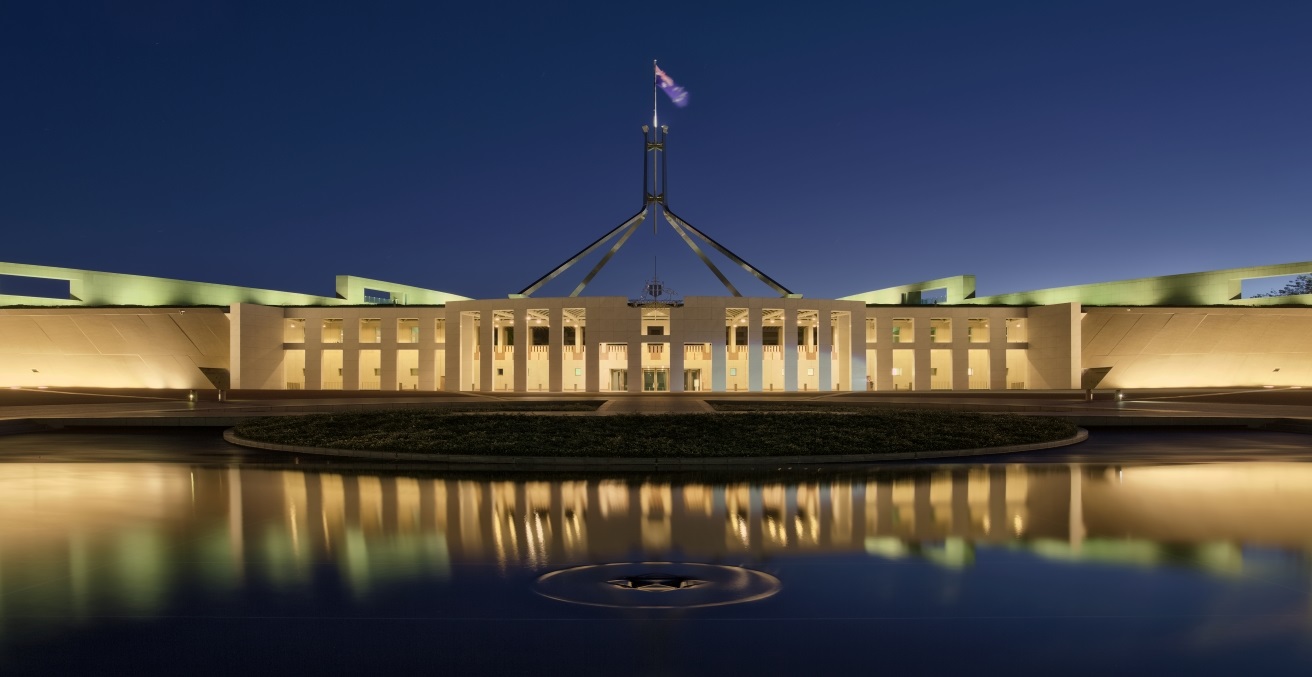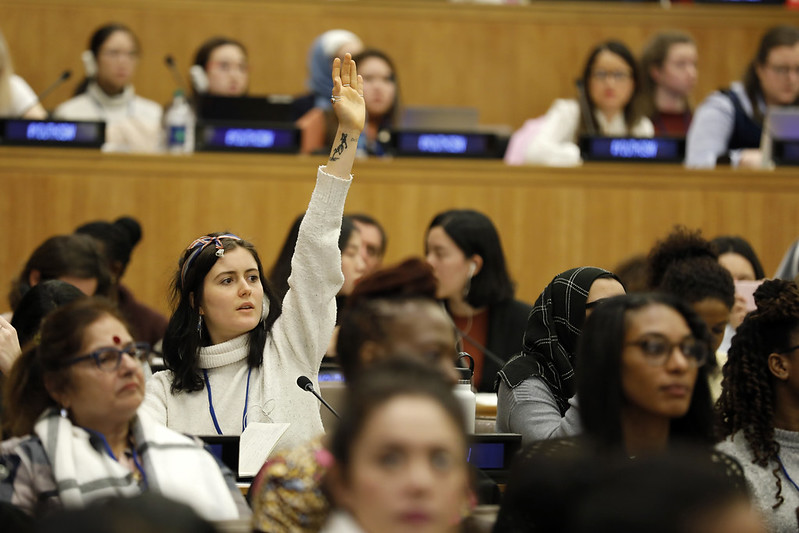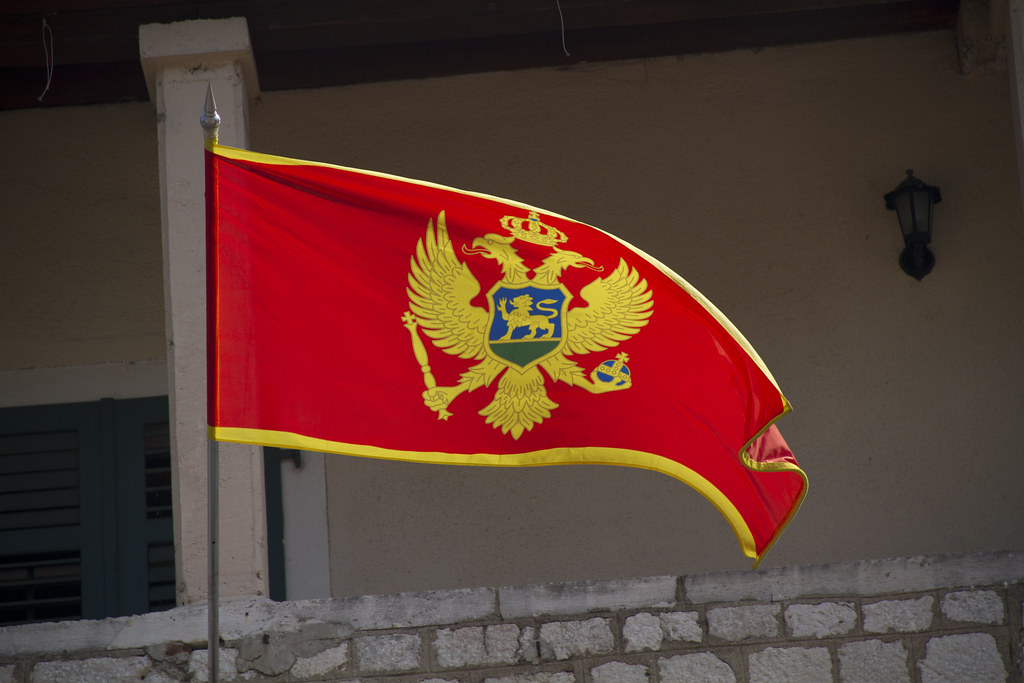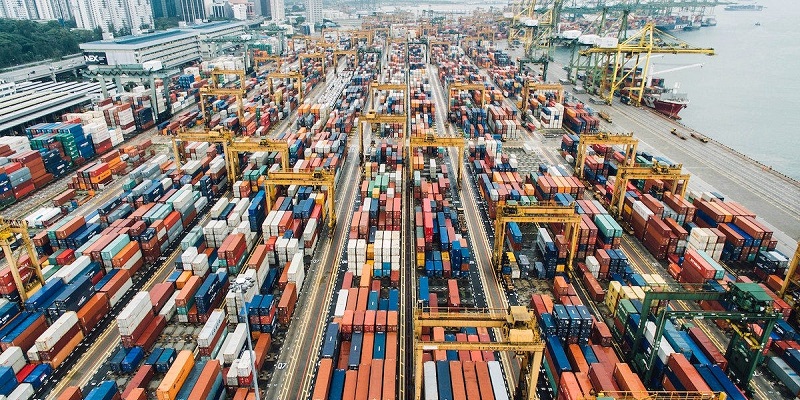This week in Australian foreign affairs: Marles addresses the Shangri-La Dialogue; Marles meets with counterparts from Japan, US, and Philippines in Singapore; fifteenth Trilateral Defence Ministerial Meeting held between Australia, Japan, and the US; Australia gifts new built Guardian-class Patrol Boat to Maldives, and more.
On 31 May, Deputy Prime Minister and Defence Minister Richard Marles addressed the 2025 Shangri-La Dialogue Plenary Session 3 on managing proliferation risks in the Asia-Pacific. Marles warned that the Indo-Pacific has become the focal point of global strategic competition, including military rearmament and technological rivalry. He reaffirmed Australia’s commitment to the Nuclear Non-Proliferation Treaty (NPT) and outlined how Australia’s acquisition of nuclear-powered submarines under AUKUS will fully comply with IAEA safeguards. In remarking on the erosion of Cold War-era arms control agreements, such as the collapse of the INF Treaty and Russia’s suspension of NewSTART, Marles called for a revitalised global arms control framework that accounts for new threats like autonomous weapons, cyber, and space militarisation. He also warned of renewed proliferation risks from Russia’s ties to North Korea and Iran’s destabilising behaviour. Marles additionally drew focus on creating the means for effective deterrence, which must be balanced with peace incentives. He argued for maintaining economic interdependence, avoiding regional decoupling, and preserving open trade.
On 31 May in Singapore, Marles joined Defence Ministers from Japan, the Philippines, and the United States in a joint media statement. The leaders, Nakatani Gen, Gilberto Teodoro Jr., and Pete Hegseth condemned China’s destabilizing actions in the East and South China Seas and emphasized the importance of international law, especially UNCLOS, and ASEAN’s central role in regional security. They also “underscored the importance of the central role of ASEAN and the ASEAN-led regional architecture in ensuring security and stability in the Indo-Pacific region.” In addition, the leaders announced four key developments in quadrilateral partnership. These were alignment of defence infrastructure investments (notably radar and sensor systems in the Philippines); enhanced information-sharing through bilateral General Security of Military Information Agreements and a shared analysis hub; joint efforts to strengthen Philippine cyber defence capabilities; and expanded multilateral coordination, including increased interoperability, surveillance activities, and maritime cooperation. This was the group’s fourth meeting in three years. The ministers agreed to continue meeting regularly and to deepen collaboration with like-minded partners.
Also on 31 May, Marles joined Gen and Hegseth to convene the fifteenth Trilateral Defence Ministerial Meeting (TDMM) in Singapore, held alongside the 2025 Shangri-La Dialogue.The three nations reaffirmed their commitment to a free and open Indo-Pacific and marked the inaugural session of the Trilateral Defence Consultations (TDC). The three ministers highlighted progress in aligning policy and operations through joint activities, expanded trilateral exercises (including F-35 and ISR coordination), and Japan’s increased role in force posture activities. Key initiatives include enhanced operational integration, the development of a networked air and missile defence architecture, cooperation on Tomahawk missile capabilities, and upcoming joint research on autonomous systems and advanced materials. The ministers also stressed defence industrial resilience, with a focus on trilateral collaboration and critical mineral supply chains. They reaffirmed plans to strengthen partnerships with regional actors including India, the Philippines, South Korea, and Pacific Island nations.
This week Marles travelled to South Asia for high level meetings with counterparts in the Maldives, Sri Lanka, India and Indonesia. This is “part of the Government’s commitment to deepening diplomatic and defence partnerships in the Indo-Pacific,” the statement reads. While at the Maldives and Sri Lanka, Marles will “discuss ongoing Australian support for both nations’ sovereign capability development.” The visit to India coincided with the “fifth anniversary of Australia and India’s Comprehensive Strategic Partnership.”
In the Maldives on 2 June, Marles joined Maldives Minister of Defence, Mohamed Ghassan Maumoon, to announce the gift of an Australian-built Guardian-class Patrol Boat to Maldives. Additionally, Australia gifted “a multi-beam echo sounder to Maldives. The hydrographic equipment will support Maldives’ capability to map its ocean floor, helping to ensure maritime safety and unlock economic development.” According to the statement, the announcement “is a key milestone in our bilateral relationship and a significant step towards enhancing Maldives’ capability to protect its sovereign waters and contribute to maritime security in the Indian Ocean.” The Guardian-class Patrol Boat is currently under construction and is due for completion in 2026.
On 1 June, Minister for Trade and Tourism and Special Minister of State Don Farrell announced he will travel to France to lead Australia’s delegation to the OECD Ministerial Council Meeting. While there, the Australian delegation “will host the annual informal gathering of World Trade Organization (WTO) Ministers. The meeting will provide an opportunity to build momentum for WTO reform and reinforce the importance of an open, rules-based global trading system. Australia will also host a meeting of Cairns Group Ministers to discuss how we can advance agricultural reform that brings us closer to a level playing field in agricultural trade.”
Dr Adam Bartley is the managing editor for AIIA’s Australian Outlook and weekly columnist for The Week in Australian Foreign Affairs. He is a former Fulbright Scholar and non-resident fellow at the Elliot School for International Affairs, the George Washington University. Adam also has positions as post-doctoral fellow at the Centre for Cyber Security Research and Innovation RMIT University and as program manager of the AI Trilateral Experts Group. He can be found on Twitter here.
This article is published under a Creative Commons License and may be republished with attribution.





